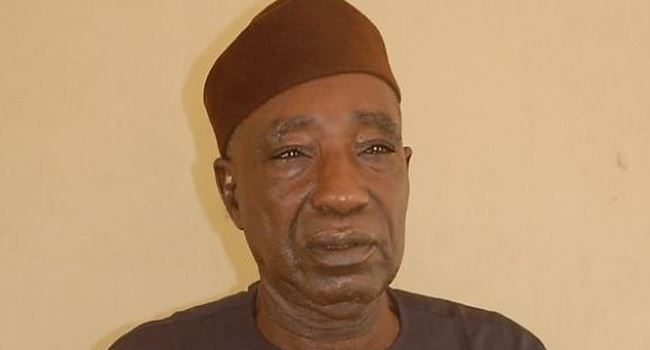Politics
FG says Nigeria is world leader in cassava production, pledges food sustainability

The Federal Government on Wednesday, February 24, in Bauchi declared that Nigeria is now the largest producer of cassava in the world.
Mrs Karima Babangida, Director, Federal Ministry of Agriculture, Abuja, made the disclosure at a workshop on cassava production organised by the ministry.
Ripples Nigeria gathered that the workshop tagged “Capacity Building of Farmers to Address Yield Gap in Cassava Production’’ was organised for youth farmers in the North-East.
Babangida, who was represented by Regional Director, North East, Federal Ministry of Agriculture and Rural Development, Alhaji Umar Mohamed, said that Nigeria “is still the world’s leading producer of cassava, compared to others like Thailand.’’
She said that Nigeria was leading in spite of the low yield which is below 10 tonnes per hectare.
The director observed that the country has the potential to produce 40 tonnes per hectare but blamed the low yield on some challenges being faced by farmers in most parts of the country.
According to her, the low yield challenges can be addressed through workshops, proper policies, efficient technologies, agronomic practices, and cropping systems.
READ ALSO: Nigeria imports $600m worth of cassava derivates annually – CBN
She explained that the aim of the workshop was to ensure that the yield gap in cassava production was addressed through dissemination and adoption of improved technologies, as well as innovations by smallholders.
Babangida said that the workshop would not only encourage youth and gender empowerment but would increase productivity and income, as well as create more economic opportunities for farmers in the cassava value chain.
Babangida said that apart from guaranteeing food security, an increase in cassava production would enable the crop to provide raw materials for ethanol and pharmaceutical industries.
She noted that weed management and best practices tools developed by the International Institute of Tropical Agriculture (IITA) have yielded results through an increase in production from its earlier 10 tonnes to 20 tonnes per hectare.
Babangida commended various organisations in the agricultural sector for introducing assorted tools and expertise towards addressing the gap in the production of the commodity that has started yielding dividends in the sector.
She assured farmers of continued support by the government to enable them to achieve increased productivity, farmer’s income, accelerated food supply, make farming profitable, available and affordable in price to the populace.
Dr Umar Mohamed, Regional Director, North East Federal Ministry of Agriculture and Rural Development, described the workshop as “fantastic happenings in cassava production.’’
Mohammed, who is represented by the Director, Federal Ministry of Agriculture and Rural Development, in Bauchi, Alhaji Mohammed Yusuf, urged the participants to disseminate the knowledge acquired to other farmers in the region.
Join the conversation
Support Ripples Nigeria, hold up solutions journalism
Balanced, fearless journalism driven by data comes at huge financial costs.
As a media platform, we hold leadership accountable and will not trade the right to press freedom and free speech for a piece of cake.
If you like what we do, and are ready to uphold solutions journalism, kindly donate to the Ripples Nigeria cause.
Your support would help to ensure that citizens and institutions continue to have free access to credible and reliable information for societal development.
























